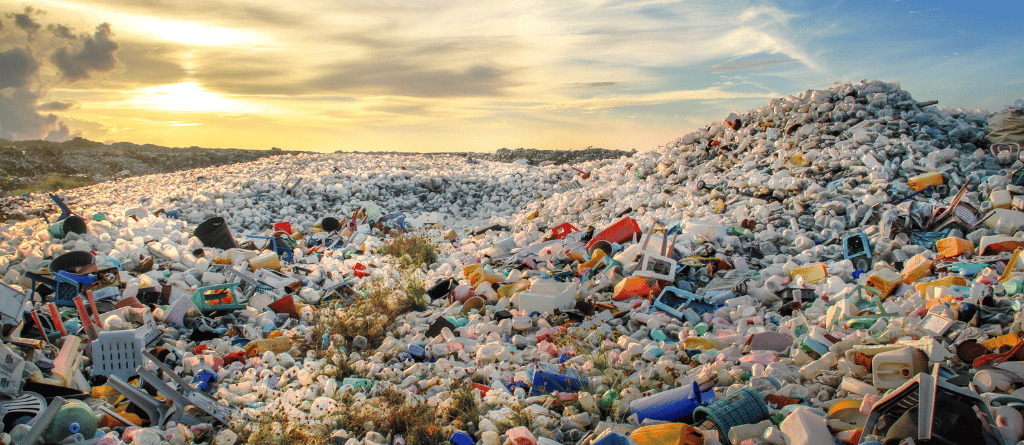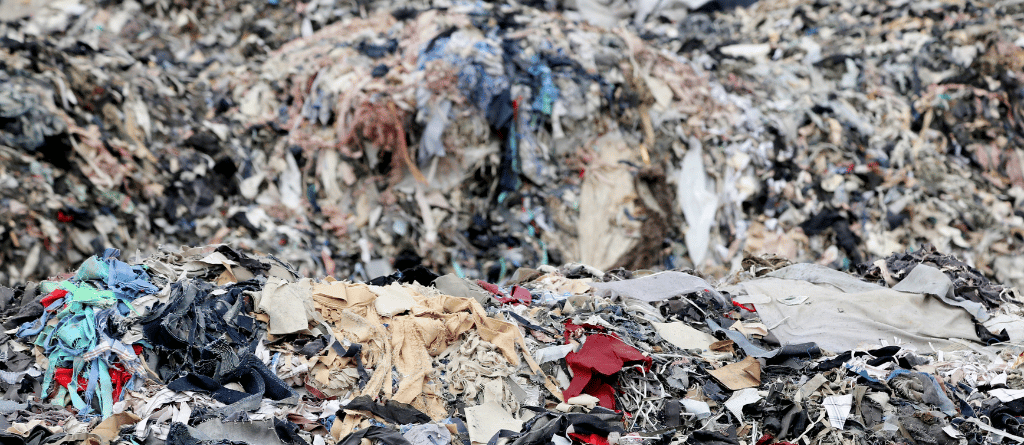If you’ve heard about China’s Plastic Ban, you’re probably wondering how it will affect plastic recycling the UK…
Dispelling the myths
The news that China will no longer be taking the UK’s plastic waste has triggered questioning over our domestic recycling processes and the negative media coverage has left UK residents worrying that the plastic they recycle won’t actually be reprocessed. But, a closer look into what is happening on the ground in the UK recycling industry shows positive developments as a result of the ban on exporting plastic to China coming into action this January (2018).
New momentum
While the ban has been portrayed as a blow to the UK by the media, it has actually been branded as good news by many in the industry because it has forced a rethink of the UK’s current mixed recycling system. The increased demand for domestic plastic reprocessing services has led to more plans to open recycling plants opening in the UK. Last month, waste management firm Panda, announced it will open a recycling facility for waste plastic films in the UK. The plant will process 10-15,000 tonnes of plastic film a year, to be sold back to supermarkets. What’s more, for some UK-based plastic re-processors, the increased pressure from the government on producers has led to an increased demand for their services. One UK-based HDPE plastic recycler said: In all honesty we haven’t seen any drop in the use of plastics. If anything, particularly for recycled plastic, demand is growing. The press around plastic has done nothing other than stimulate lots of activity for us.
New markets
Many experts in the industry are also seeing the Chinese plastic import ban as positive because it has resulted in new markets opening up, and a larger pool to choose from. New markets that are taking plastic for reprocessing are in Eastern Europe and south east Asian countries such as Vietnam, Thailand and Malaysia. The result of these new markets has been an actual increase in the amount of plastic exported for reprocessing. Figures show that 28,354 tonnes of plastic waste were accepted or exported in January 2018, which is an increase on the amount exported for the same period last year.
How much did we send to China in the first place?
Many local authorities have not been affected by the ban, as they have never exported any plastic waste to China in the first place. In January, the North London Waste Authority released details of the plastic waste they process and how it is reprocessed. Figures from their 2016/17 collections show that only 13% of household waste they collect is plastic, which amounted to nearly 75,000 tonnes. Of that collected plastic, almost 100% was sent to UK re-processors.
What does this mean for me?
So the good news is there is plenty of reason to keep recycling plastics and you should see no changes to how you normally recycle. Make sure you’re up to date with the latest guidance on what and cannot be recycled in your area by checking with your Local Council or the Recycle Now website, Plastics are processed differently by different councils, so always make sure to check before you chuck!










